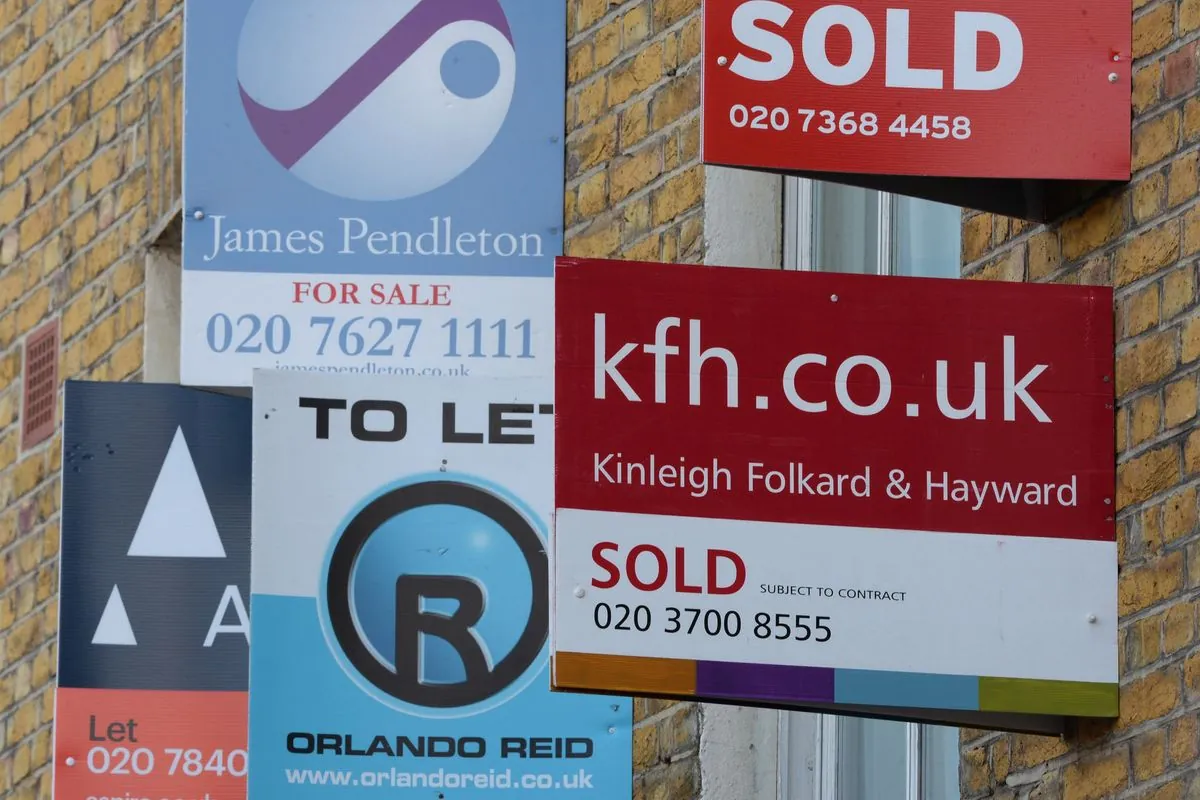UK Rental Crisis Deepens as Landlords Exit Market en Masse
UK rental market faces severe strain as landlords sell properties due to increased regulations and taxes. With fewer rentals available and rising costs, tenants face unprecedented challenges in finding affordable housing.

The UK rental market is experiencing a significant transformation, with landlords exiting the sector at an unprecedented rate. This shift is primarily attributed to a decade-long series of government policies aimed at regulating the rental market, which have inadvertently led to a supply crisis.
According to recent data from Rightmove, nearly 20% of rental properties across the UK are now up for sale, a stark increase from 14% in 2023 and 8% in 2010. In London, the situation is even more pronounced, with almost a third of rental stock on the market. This mass exodus of landlords is creating a paradoxical effect: instead of improving conditions for renters, it's exacerbating the housing crisis.
The upcoming budget, scheduled for October 2024, is expected to further intensify the situation. Landlords anticipate increased capital gains tax rates and potential National Insurance levies on rental income. These prospective changes are prompting many to sell their properties while they still can.

Despite the increase in properties for sale, house prices continue to rise at an annual rate of 2.5%. This, coupled with higher taxes and mortgage rates, means that homeownership remains out of reach for many. The rental market, already under pressure, is likely to become even more challenging for tenants.
The Office for National Statistics reports that rents have increased by 9% over the past year, outpacing both inflation and income growth. With the supply of rental properties diminishing, this trend is expected to accelerate, potentially reaching 15-20% in high-demand areas like London.
Compounding the issue is a significant decrease in new housing construction. In the year leading to March 2024, new dwelling starts fell by 22% to 134,000, while completions dropped by 12% to 154,000. This decline in supply is particularly concerning given the UK government's target, set in the mid-2020s, of building 300,000 new homes annually.
The situation is especially dire for young professionals and students in university towns. Sadiq Khan, the Mayor of London, has consistently missed targets for new and affordable housing in the capital, further straining the rental market in one of the UK's most populous cities.
"The current approach to the rental market is counterproductive. What we need is not a war on landlords, but a comprehensive strategy to increase housing supply across all sectors."
This crisis highlights the complex nature of the UK's housing market. While the government's intention to protect tenants is commendable, the unintended consequences of these policies are creating a more challenging environment for the very people they aim to help.
The UK's housing stock, already among the oldest in Europe with 38% of homes built before 1946, requires significant investment and expansion. The Build to Rent sector has shown promise, with over 225,000 units completed or planned as of 2024, but it's not enough to offset the current decline in private rentals.
As the proportion of private renters has doubled since 2000, reaching 20% in 2024, the need for a balanced approach to housing policy has never been more critical. The government must reconsider its strategy, focusing on increasing supply rather than further regulating existing landlords, to address the growing rental crisis effectively.


































